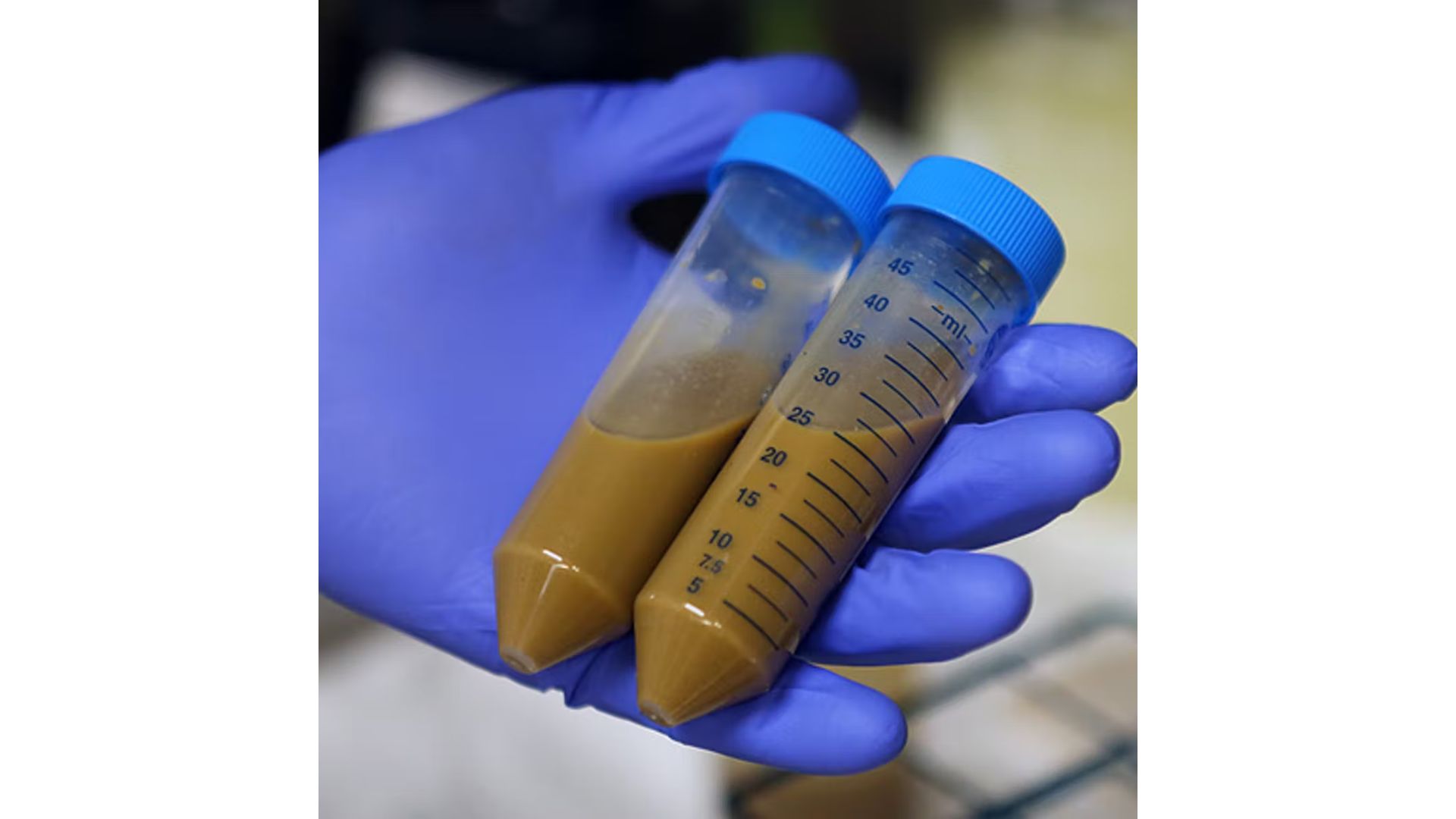Mention faecal matter and many people would run the other way.
But Cordlife, Singapore’s and one of Asia’s pioneers in cryopreservation of umbilical cord blood obtained from babies, is running towards it and Singaporeans suffering from bloating will to happy to hear this.
Cordlife is working with the Asian Microbiome Library (AMILI), Southeast Asia’s first and only precision gut microbiome company, to bank people’s gut microbiome harvested from stool samples.
Microbiome is the community of microorganisms, such as fungi, bacteria and viruses, that live in or on a particular part of the body, such as the skin or gastrointestinal tract.
The partnership of the two company’s core specialisations — gut microbiome processing and analysis by AMILI and cryopreservation by Cordlife — allows people in Singapore to store their gut microbiome for future faecal microbiota transplants (FMT).
Co-founder of AMILI Jeremy Lim tells TheHomeGround Asia that in both the wellness space and in medical sciences, interest in the microbiome is exploding.
“What’s very relevant to us in Asia is that studies have shown the microbiome is primarily driven by diet, lifestyle and the environment. Human genes are actually only about one-tenth as important as environmental and lifestyle factors,” Dr Lim says.
From poo to personalised medicine
In Singapore, almost one in 10 suffers from Irritable Bowel Syndrome (IBS) and the symptoms include abdominal discomfort, bloating, diarrhoea or constipation, or a sensation of incomplete bowel clearance. These symptoms vary from one person to the next. For some, the symptoms are only mild, while for others, it can disrupt everyday life.

Recent research has shown that the bacteria communities in the gut have an impact on human health, as they regulate appetite, affect the level of inflammation in the intestinal tract and even play a role in diabetes and dementia. By characterising the gut microbiome of individuals, researchers are able to manipulate the composition of the bacteria to enact health benefits.
A new centre was launched in Singapore at the beginning of this month to study how the bacteria residing in our gut affect health and ageing, and how they could be harnessed to delay the onset of age-related neurodegenerative diseases such as dementia.
The Asean Microbiome and Nutrition Centre is a virtual centre based at the National Neuroscience Institute (NNI) – a partnership between NNI and Sunway University in Malaysia – that will bring experimental microbiome research from the lab into a clinical setting.
Director of the centre and a principal investigator at NNI’s Department of Research Sven Pettersson said studying how gut microbes communicate with tissues, such as the brain, can pave the way for new treatments to prevent and manage age- and lifestyle-related diseases.
“In contrast to our genes, which are not easy to change, our gut microbes are malleable and respond to diet. That makes them very attractive to be targeted by food intervention,” he added.
Strategic partnership to transform healthcare
But not all bacterial communities are the same and people living in different parts of the world, leading different lifestyles, are exposed to different types of bacteria.
“Hence given our differences, Asia is being compared to North America and Europe, where most of the research is done. So, it is crucial that we in Asia do our own research, discovery and applications. We cannot solely rely on the West,” Dr Lim says.
The foundation of the partnership between AMILI and Cordlife stems from mounting evidence suggesting that FMT is a promising approach for a myriad of diseases such as colorectal cancer, autism spectrum disorder, and even obesity.
FMT transfers healthy microbiomes from a healthy person into the gastrointestinal tract of a sick one to restore microbial balance. The transplantation has a cure rate of 90 per cent for recurrent Clostridioides difficile infection that causes diarrhoea and is a widely accepted treatment.
The first FMT in Singapore was performed by AMILI co-founder David Ong at the National University Hospital in 2014.

Commenting on AMILI’s partnership with CordLife, Dr Lim says, “With advances in genetic sequencing and computing, the secrets of the gut microbiome are being unlocked and new applications developed in conditions as diverse as autism, dementia, Parkinson’s disease, inflammatory bowel disease and diabetes. It is no surprise that the gut microbiome has been described as one of the most important scientific discoveries for human healthcare in recent decades.” The alliance with Cordlife “will offer gut microbiome banking to the community and extend the availability of restorative microbiome interventions”.
“We hope that our partnership will help provide patients in Singapore and the region with access to approved alternative medical therapy,” Group Chief Executive Officer and Executive Director of CordLife Tan Poh Lan adds.
AMILI has also raised US$10.5 million in seed funding to accelerate its business expansion in Southeast Asia and Asia. The round was led by Vulcan Capital, the investment arm of the late Microsoft Corp co-founder Paul Allen that invests in category-leading technology, internet, and life sciences companies.
Other new investors include Pruksa Group, TVM Capital Healthcare, Emtek Group, Capital Code, Pureland Group, Blue7 and SEEDS Capital, the investment arm of Enterprise Singapore. GK Goh and other existing investors also participated in the round.
“It is not actually difficult to talk to investors about the gut microbiome as it is the biggest thing in healthcare right now. Banking is novel and likely the Cordlife-AMILI joint venture is first in the world or at least Southeast Asia to do this,” Dr Lim says.
Join the conversations on TheHomeGround Asia’s Facebook and Instagram, and get the latest updates via Telegram.




























